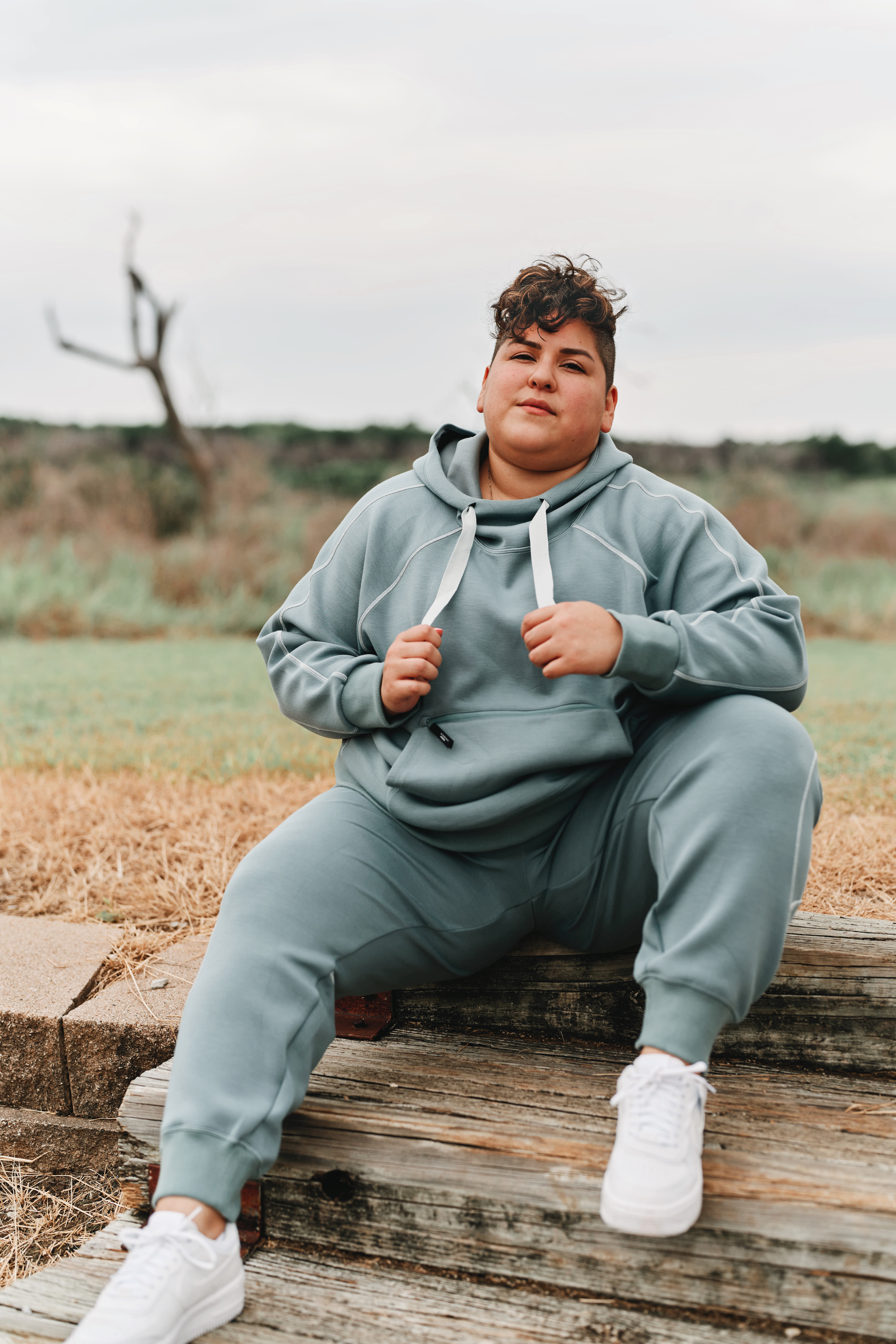
Fitness
Meg Boggs
Meg Boggs is a mother, powerlifter, creator, and body positive advocate who has made it her mission to help women embrace their insecurities. With advocacy from mental health awareness to fitness inclusivity promoted alongside body-positive imagery, Meg continues to spark discourse about fat bodies and the experiences of plus size women. In her debut book, Fitness For Every Body, Meg shares what it’s like to navigate life as a fat athlete, while encouraging those like her to confidently take up space and embrace life unapologetically. She spends most of her time writing, speaking, and creating content around topics like fitness inclusivity, mental health awareness, and self-acceptance.
SHARE

Fitness
Meg Boggs
Meg Boggs is a mother, powerlifter, creator, and body positive advocate who has made it her mission to help women embrace their insecurities. With advocacy from mental health awareness to fitness inclusivity promoted alongside body-positive imagery, Meg continues to spark discourse about fat bodies and the experiences of plus size women. In her debut book, Fitness For Every Body, Meg shares what it’s like to navigate life as a fat athlete, while encouraging those like her to confidently take up space and embrace life unapologetically. She spends most of her time writing, speaking, and creating content around topics like fitness inclusivity, mental health awareness, and self-acceptance.
SHARE
“We’re so conditioned to believe that larger bodies are only seen as potential stories for loss. You’re only ever considered successful when it’s paired with a weight loss story. I’m determined to show the endless possibilities to gain confidence, gain happiness, gain strength, gain flexibility, gain a real shot at experiencing life. Not just focused on the life to be lived after reaching an unrealistic goal weight. It’s one of the most empowering feelings when we let go of any stigmas and embrace our endless capabilities through fitness and movement.“
- Meg Boggs
- Meg Boggs
My Mission
I’m a powerlifter, body positivity advocate, creator, and author of Fitness For Every Body: Strong, Confident, & Empowered At Any Size. My mission is to inspire women and mothers and humans of all kinds, shapes, colors, and sizes to find the strength and courage to embrace life, love endlessly and live intentionally with an overall holistic approach to wellness.
Checked In
VIEW ALL
Recent Posts